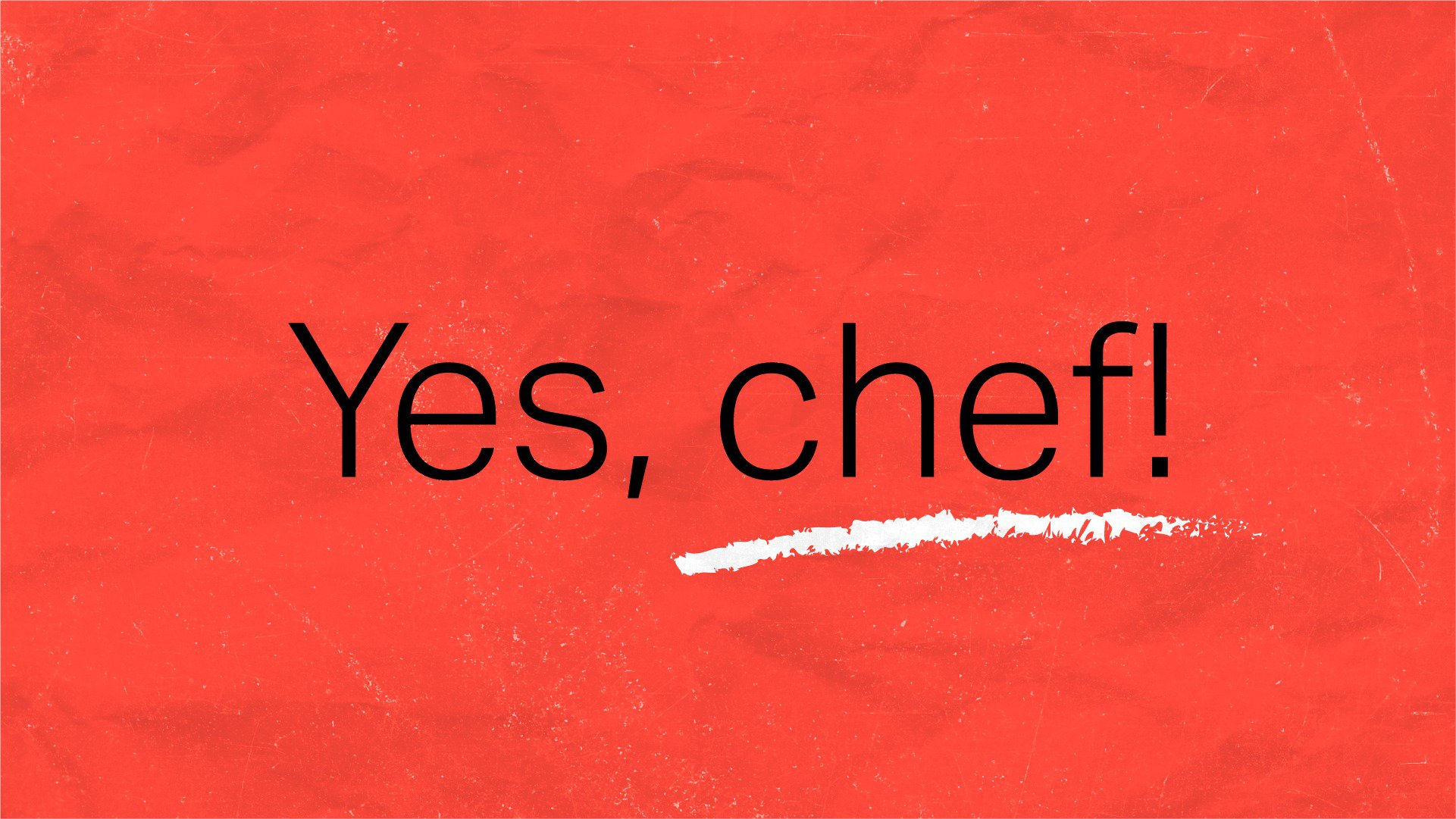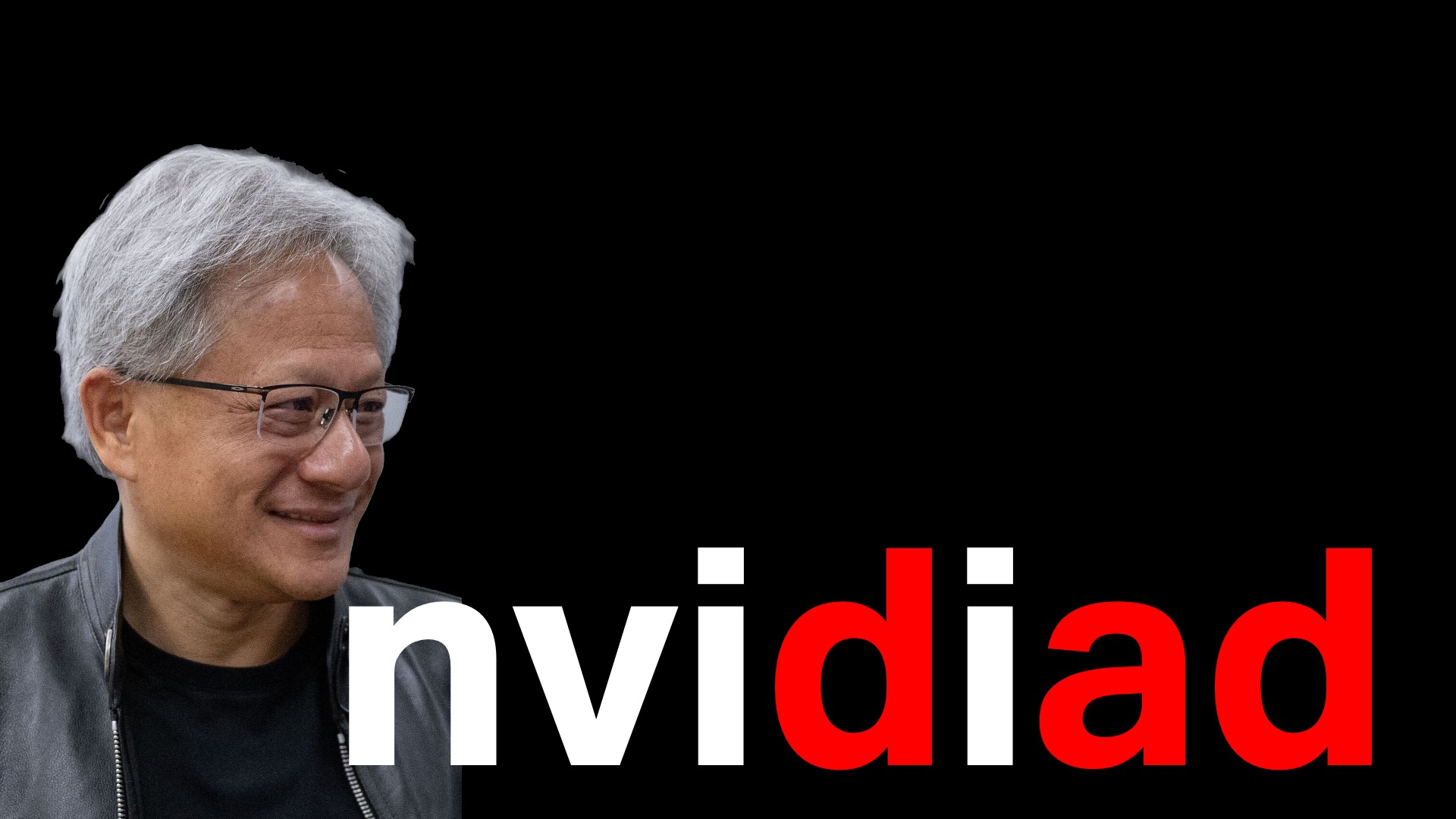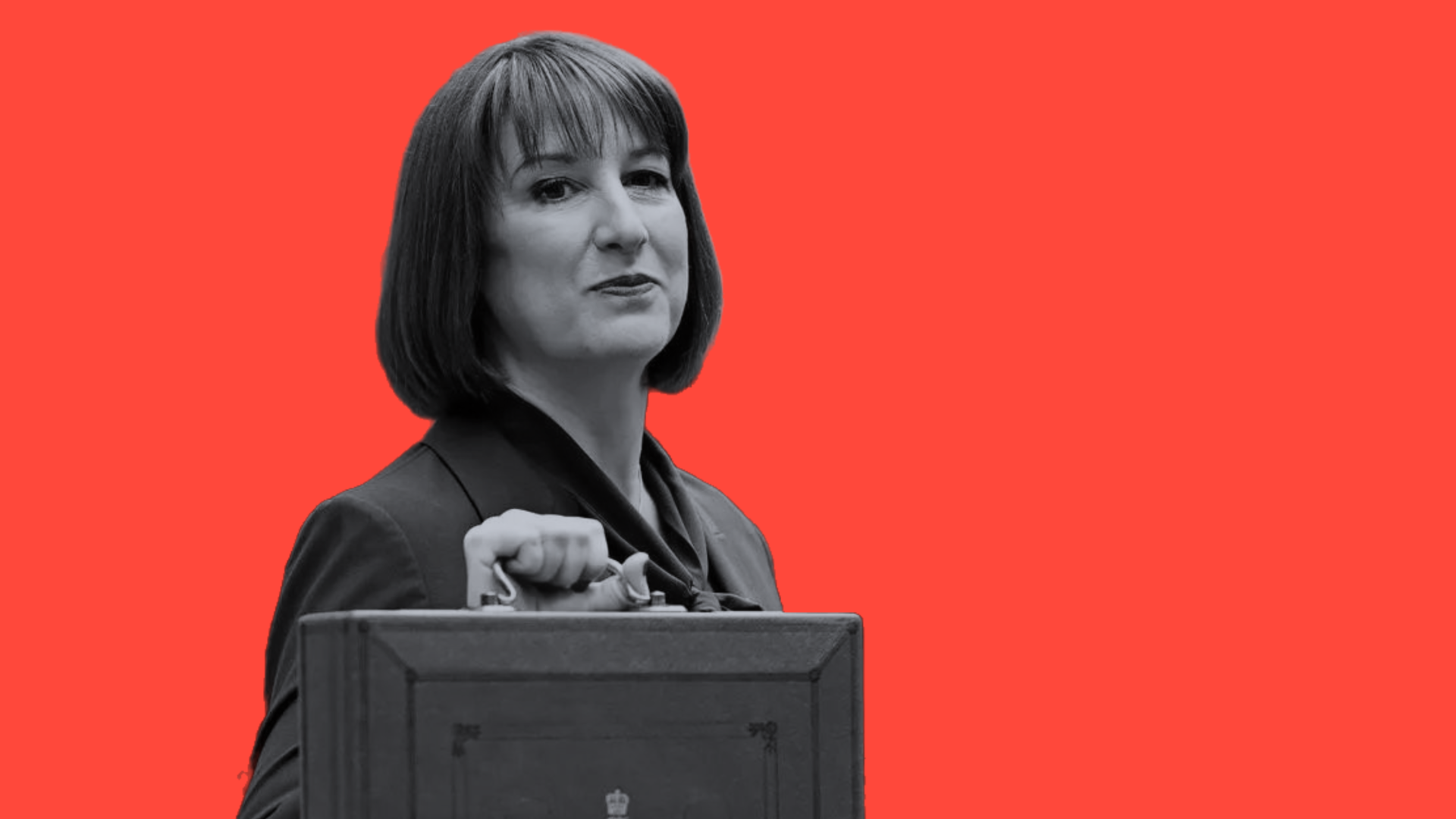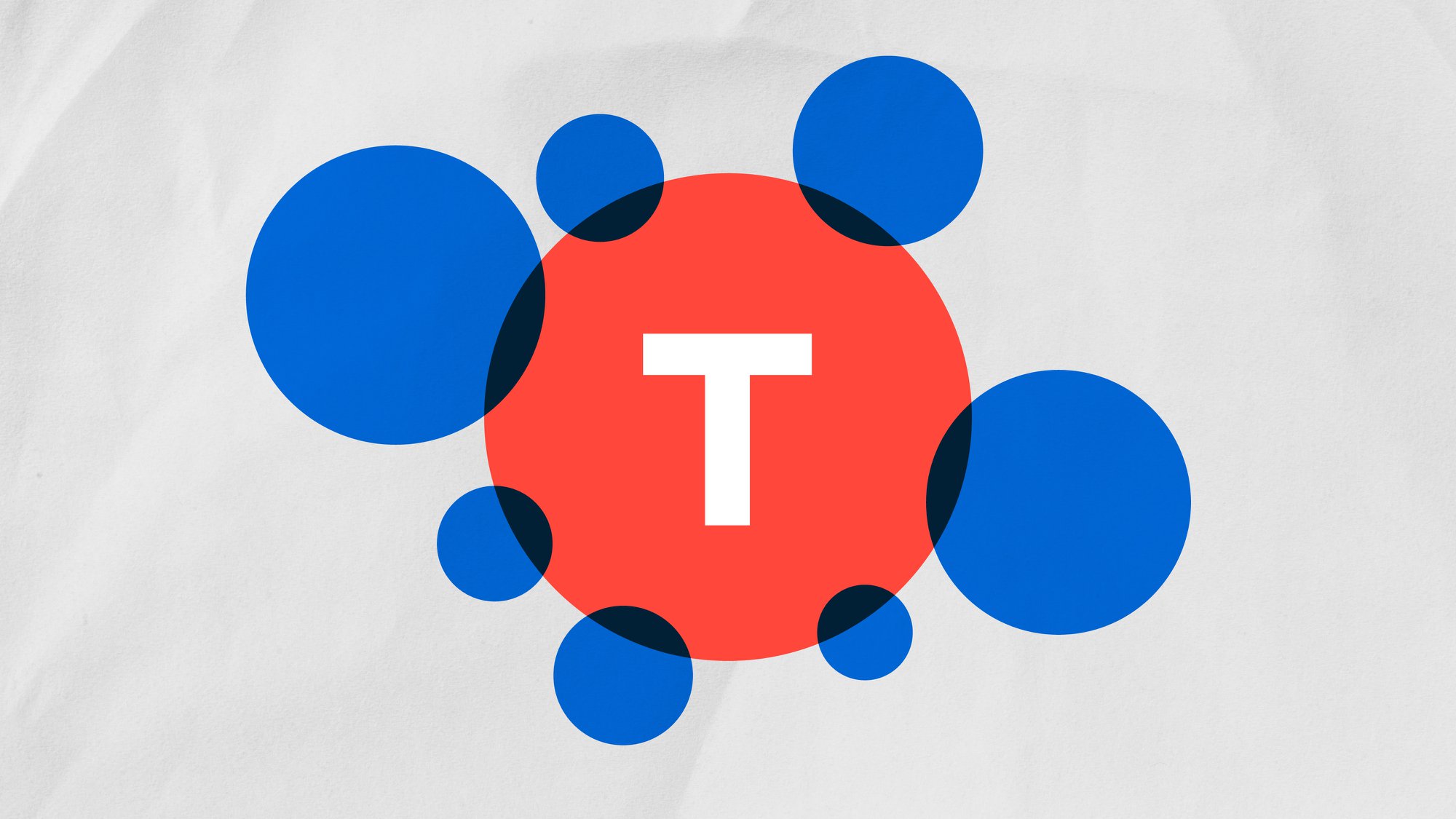Business Lessons from The Bear Part 4: Ownership

Taking ownership of our work is essential to building a healthy, high-performing workplace. It fosters growth, pride, and excellence.
In episode 3 of The Bear, chef Carmy brings this principle to life as he tries to bring order to a chaotic kitchen. His approach, rooted in the classic French brigade system, offers powerful lessons about structure, responsibility, and the pursuit of mastery.
So, let’s take a look at what we can learn from Carmy’s approach to leadership and ownership. We’ll explore how creating the right environment, setting clear roles, and fostering expertise can help businesses and brands do their best work.
Building the Brigade: The Power of Clear Roles
Transposed from The Bear: Episode 3
“Brigade”
Page 10
(CARMY is stood at the head of the table facing the rest of the team)
CARMY
We can't keep operating like this. We got a C, guys. A C stands for chaos. That can't happen again, and that's why we're gonna start operating like a French kitchen. That means there's gonna be a chain of command. Okay? This was developed by Escoffier
EBRA
I was in a brigade once.
TINA
What happened?
EBRA
Many people died.
CARMY
Okay, this is gonna be different. All right. Look, this is, this is what real kitchens do. Guys, this is what real teams do. Okay, everybody takes care of their own station. They keep their own side of the street clean, yeah, okay?
The Kitchen Brigade and Ownership at Work
The French kitchen, or kitchen brigade, is a system of hierarchy. It was, as Carmy says, developed by Auguste Escoffier in the late nineteenth century.
This system delegates responsibilities to different individuals who specialise in certain tasks in a kitchen or dining room.
Escoffier believed in order. But he also believed in mastery and ownership.
He said:
The workman mindful of success, therefore, will naturally direct his attention to the faultless preparation of his stock, and in order to achieve this result, he will find it necessary not merely to make use of the freshest and finest goods, but also to exercise the most scrupulous care in their preparation, for, in cooking, care is half the battle.
Note the attention to the word care.
That word means attentiveness, detail, and carefulness. It’s about encouraging a culture of experimentation and an obsession with the pursuit of perfection. All disciplines of mastery.
Mastery, Motivation, and Meaning
And ‘Mastery’ is one of the three intrinsic motivators that Daniel Pink chooses to highlight in his book Drive. The others being ‘Autonomy’ and ‘Purpose’, which we’ll come to later.
We’re driven – Pink argues – by the need to control our destiny and to master a craft. It lifts our status and self-esteem.
But, as my colleague Mark Hauser, the applied behavioural scientist at The Team, has told me, much of what motivates people operates outside their conscious awareness. He notes that over 90% of human behaviour is unconsciously driven. It’s shaped by factors, such as the physical environment, social media, peers, family, and self-identity. It’s why a leader like Carmy is seeking to control some of those environmental factors.
The Hidden Forces That Shape Behaviour
People often believe they know why they act a certain way, but research shows that subtle cues and context can have a powerful, often unnoticed, influence on their decisions.
Bateson, Nettle and Robert (2006) conducted an experiment exploring how simple social cues, like a thank-you message or a pair of watchful eyes, can powerfully shape whether people donate to a public library and how much they give. They discovered that during the weeks when the pictures of eyes were posted over donation boxes, more money was left than in the weeks when images of flowers were posted over the boxes.
And, in another experiment, participants who were exposed to words associated with old age (like “Florida” and “wrinkles”) walked more slowly afterwards, even though they were unaware of the connection between the words and their behaviour. Research by J A Bargh has shown a number of instances where social behaviour is changed by unconscious cues.
These cues don’t directly tell people what to do. They instead create social norms and prime people, which in turn changes the intensity or likelihood of a behaviour shift.
It subtly affects the context in which they are in, although this is not to deny the conscious behaviour that may also be in play.
Mastery Needs the Right Environment
In Carmy’s kitchen, he’s working hard to give his chefs control and ownership of their stations and to start the journey toward encouraging the mastery of their art. Taking care of their station and keeping their side of the kitchen clean is essential.
The question is, what can you do in your kitchen/workplace?
Carmy alludes to the benefit of creating the right environment for mastery when he retells a story of a chef who wanted a Gilead sauce to be the consistency of gummy bears.
The senior chefs could never do it.
It was always too soft, or it was too hard, or it would melt too quickly.
And then one day, a sous chef, just nailed it. That sous chef had spent every minute of a year trying to figure it out.
It shows that when the right conditions are created, then answers can come from anywhere. And not necessarily from the highest paid person in the room.
Dismantling HiPPOs: Expertise Over Ego
The phrase "highest paid person in the room" is commonly associated with the acronym HiPPO, which stands for "Highest Paid Person’s Opinion." It’s something that Andrew McAfee has written about in his studies on the differences between high and low performing organisations.
In his book, ‘The Geek Way’, McAfee advocates for more evidence-driven, egalitarian, and experimental approaches. He believes that when organisations build open cultures—where everyone is free to experiment and use data to guide their thinking—people stop making decisions based on rank or seniority, and start relying on expertise, evidence, and data instead.
The book highlights how companies succeed by being more evidence-driven, egalitarian, and autonomous. This helps to counteract the negative effects of HiPPO-driven decisions.
Sydney addresses this in The Bear when she challenges Carmy, and he lets himself be challenged. She makes clear that while his French Kitchen Brigade may be a good idea, in a kitchen ruled by chaos the first thing they really need to do is set ground rules.
It’s a useful reminder to us all as we seek to create the culture that will allow mastery to thrive. Do people know the ground rules? Do they know what good looks like? Because it’s only when we know what good looks like that we can start to hone our skills to pursue that goal.
The Business Case: Clarity and Collective Intelligence
This is about driving productivity.
Be clear on what you want people to do and recognise the unconscious factors that significantly drive behaviour. This allows leaders to strategically design work environments and communication, so that it positively influences employee motivation and performance.
Role clarity can lead to a 25% improvement in performance.
And, if a business can overcome the HiPPO effect, then it will take more informed decisions based on evidence and data rather than hierarchy.
It’s about becoming more agile and responsive and adapting faster to changing circumstances, all by leveraging the collective intelligence of the workforce.
What You Can Do
- Remember that what motivates people can operate outside their conscious awareness. Environmental factors and subtle cues can influence behaviour. Are your teams set up in ways that they can talk to each other and share ideas? Do you consciously make time for that to happen.
- Eliminate the "Highest Paid Person’s Opinion" (HiPPO) by promoting evidence-driven, egalitarian decision-making. Make sure you’ve seen the evidence before pressing the button.
- Make sure people are clear on their role and talk about what good looks like. Ask them, “how do you feel we can be doing this better?”




